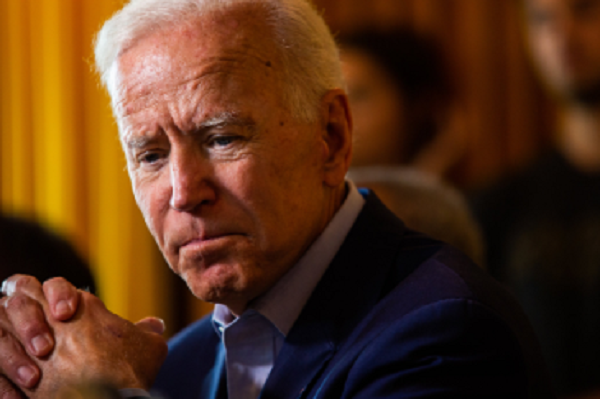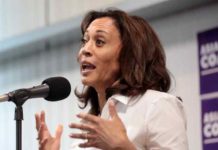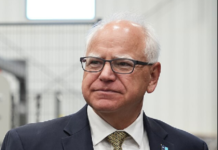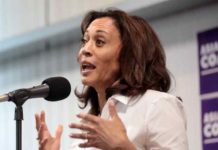The April jobs report from the Labor Department, released on Friday, did not bring favorable news for President Joe Biden’s economy. Despite several months of encouraging updates, the latest data indicates a potential slowdown in the labor market. While this development may have a positive impact on U.S. inflation in the long run, a weakened job market is not likely to enhance Biden’s prospects for re-election in November.
“Total nonfarm payroll employment increased by 175,000 in April, and the unemployment rate changed little at 3.9 percent, the U.S. Bureau of Labor Statistics reported today,” a news release from BLS said. “Job gains occurred in health care, in social assistance, and in transportation and warehousing.”
The Biden administration may downplay the unemployment rate change as “minimal,” but the reality is that it increased from 3.8 percent in March. Furthermore, the economy only saw an addition of 175,000 jobs in April, following adjustments for seasonal variations, which was significantly lower than the 300,000 job gains in March. This figure fell short of economists’ predictions, as reported by The Wall Street Journal. Fox News highlighted that economists had forecasted 243,000 new jobs for April, making it the worst month for job creation since October. Wages also experienced a slower growth rate in April, rising by 3.9 percent compared to the 4.1 percent increase seen in March.
“Friday’s report is sure to stir immediate debate among economists and investors about whether the labor market is merely cooling in a welcome fashion or starting to show more serious strains under the pressure of higher interest rates,” the Journal suggested.
“Before Friday, recent data had shown remarkable stability in the labor market,” the report added.
The Journal reported an increase in stock futures following the release of the BLS report, possibly indicating investor optimism that inflation would be controlled by a slowing labor market. Nevertheless, the Journal highlighted that labor market conditions can change rapidly, particularly as the demand for workers has decreased. Federal Reserve Chair Jerome Powell stated on Wednesday that he did not anticipate an immediate interest rate cut due to rising inflation rates.




